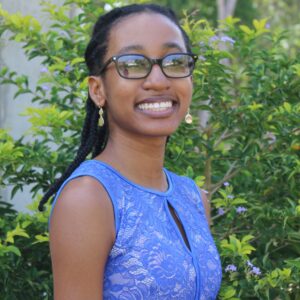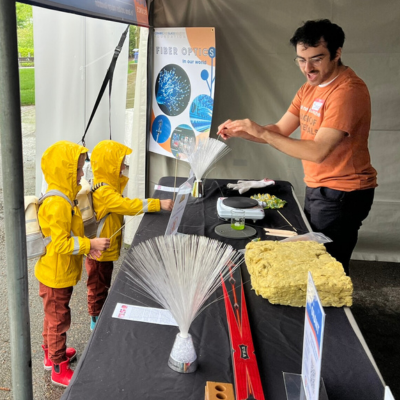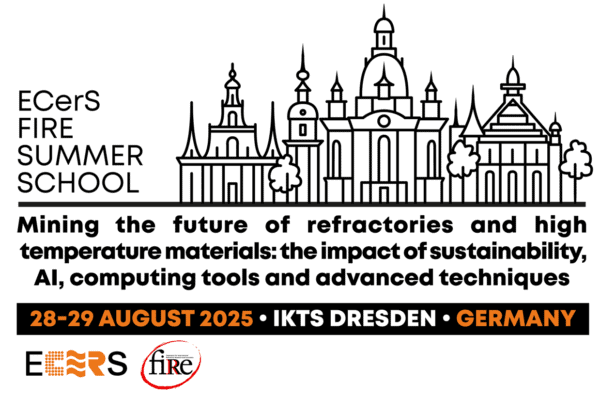For Jynene Alfay, attending college in the United States was not a difficult decision, but growing up in the Caribbean instead of the U.S. provided a whole new set of challenges.

Jynene Alfay
2024 NSBE Scholarship Recipient
“When it comes to speaking in class, I didn’t speak a lot for my first year at school,” she says. “Especially in the classes where I was the only girl, and I was the only Black person as well.”
Alfay is a junior studying materials science and engineering at Rensselaer Polytechnic University in New York. She is also the 2024 recipient of the Underrepresented Student Scholarship by the American Ceramic Society (ACerS) and the Ceramic and Glass Industry Foundation (CGIF).
The Underrepresented Student Scholarship Fund was created by ACerS and CGIF to embrace diversity and break down racial barriers that exist within the materials science industry, and it is in partnership with the National Society for Black Engineers (NSBE).
Alfay was born in the U.S., but she was raised in the Caribbean, where options for engineering are more limited. According to Alfay, the University of the West Indies is known for mechanical and civil engineering, but it also has pathways for chemical and environmental engineering, which she says will greatly impact the Caribbean as a developing nation.
In primary school, she had always enjoyed science classes, especially learning about different chemicals and reactions, so she pursed science through secondary school. Alfay first applied to universities on a more familiar track—chemical engineering.
“I had chemical engineering at first, because I thought we could make new stuff in chemical engineering, make new materials,” she says.
Alfay’s cousin, who was also studying chemical engineering at the time, revealed to Alfay that many of her friends had switched to materials science because it better aligned with their interests. As it turns out, this switch also made sense for Alfay.
“For me, it’s just the ability to make new things and manipulate properties of materials to get something new … I feel like it’s a very creative sector and there’s also room for innovation,” she says.
As a person with intersecting identities, Alfay shares that while she is comfortable navigating her field as a woman, it has been the most difficult to be a person of a color, especially far from the place she grew up.
“Right now, it’s going to be about a year since I’ve been home, and that’s the most difficult part—when you’re trying to live your life away from home in this new culture,” she says. “It’s more just growing up not in America and being a person of color. [But] I feel like I’m very comfortable being a woman in a male dominated area.”
Although Alfay hasn’t determined which material she wants to specialize in yet, she hopes to attend graduate school to earn her Ph.D. in materials science and engineering and work in research and development someday.
“I want to be exposed to all of them [materials] first before I decide which one, and I also want to know which one would be more suitable to development in the Caribbean as well,” she says. “… I definitely want to give back and contribute to our development.”
You can support underrepresented students in materials science like Jynene Alfay by donating to the Underrepresented Student Scholarship Fund at ceramics.org/donate.
Categories
- Feature Stories
- Scholarships


